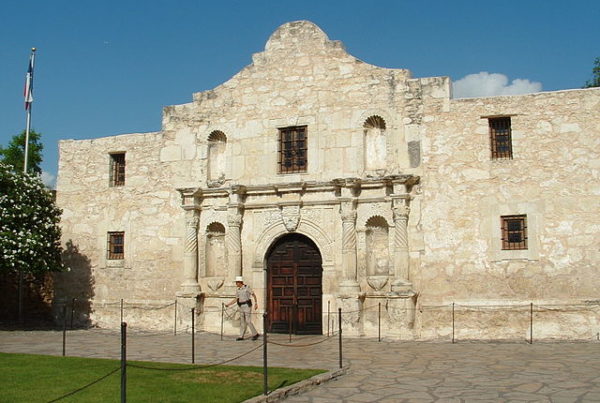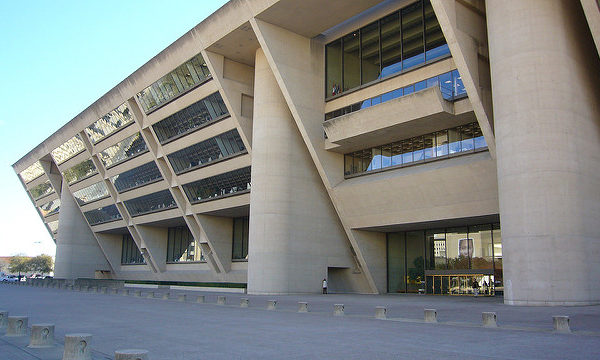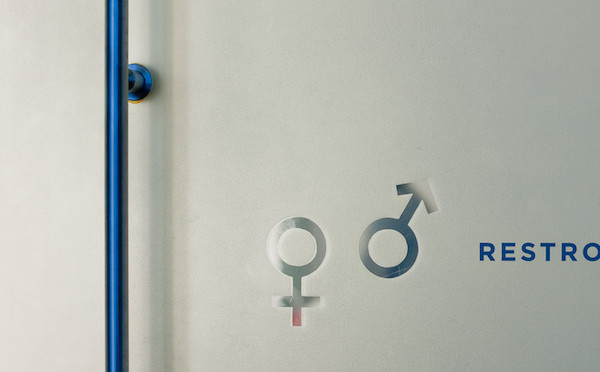Editor’s note: This story contains graphic depictions of rape and sexual assault.
Baylor University has been hiding cases of football players raping and sexually assaulting their fellow students. That story has been hitting the headlines this past week, but the more recent headlines are focused on the more public facet of the story.
When word broke late Thursday morning that Baylor President Ken Starr and football coach Art Briles were taking the fall, it was reported across the media as an administrative shakeup at Baylor.
The story made national news: the demise of giants, each in their own spheres. Starr is a former special prosecutor who, back in the 1990s, went after President Bill Clinton over sex allegations. Now he’s been kicked out of office over a sex abuse climate he oversaw. Starr will remain the school’s chancellor but has lost the privilege of presidency.
Then there’s Briles, one of college football’s winningest coaches: the guy credited with turning a perennial team into a powerhouse – not just in terms of winning games but helping Baylor become a donor magnet. The sparkling new stadium in Waco is a direct byproduct of winning. Briles has been fired.
But Friday morning, as we combed news, the Baylor story had already slipped out of the lead spot in the news cycle. This change may say something about society’s attention span for sexual assault, but it may say something else, too: that Baylor knows how to win.
With one dramatic swing of the ax, the Baylor Board of Regents has lanced that boil, and the media circus has moved on, leaving us to ponder what just happened at Baylor? And is this story just about Baylor?
Paula Lavigne, an investigative journalist with ESPN’s Outside the Lines, drew the national spotlight to the story. She says Starr and Briles’ removals are a point in the ongoing story, but not the main point.
An investigation by Outside the Lines found at least five cases, as with one woman, Tanya, in which school officials either failed to investigate, or adequately investigate, allegations of sexual violence.
Tanya was raped twice by a Baylor football defensive end at a party, Outside the Lines reports. She was shoved to the ground and stripped of her pants. After the first instance of rape, she was almost allowed to leave, before she was pushed into a metal fence and raped again.
After the rapes, she says she was offered little help from the university. In one instance she asked the campus police department if there was anything they could do for her. “There is nothing we can do because the assault happened off campus,” she was told.
The health center said there was a wait list for counseling and offered that she should look for help off campus. The academic center denied her resources. Outside the Lines found that officials did not provide support to those who reported assaults in many other cases as well.
It took Baylor more than three years to comply with a federal directive: in April 2011, the U.S. Department of Education sent a letter to all colleges and universities outlining their responsibilities under Title IX, including the need for each school to have a Title IX coordinator. Baylor didn’t hire a full-time coordinator until fall 2014.
But the university didn’t have a Title IX coordinator until the fall of 2014, years after allegations first surfaced.
In the fall of last year, Baylor commissioned an independent review of what had by then become a full-blown scandal. This brings into question how seriously the university took the complaints of women alleging that they’d been abused by football players. The report found a fundamental failure to deal with these cases appropriately.
An excerpt from the report:
Baylor’s institutional response failed to integrate Title IX and VAWA (Violence Against Women Act) requirements.
Prior to the 2014-2015 academic year, Baylor failed to provide training and education to students; failed to identify and train responsible employees under Title IX; failed to provide clear information about reporting options and resources on campus; failed to have a centralized process for ensuring that all reports reached the Title IX Coordinator; failed to impose appropriate interim measures in many cases; failed to appropriately evaluate and balance institutional safety and Title IX obligations against a complainant’s request for anonymity or that no action/investigation be pursued against; failed to conduct prompt, equitable, adequate, and reliable investigations; failed to give complainants access to full range of procedural options under the policy; and failed to take sufficient action to identify, eliminate, prevent and address a potential hostile environment in individual cases.
Institutional failures at every level of Baylor’s administration directly impacted the response to individual cases and the Baylor community as a whole.
Ron Murff, chair-elect of the Baylor Board of Regents has apologized.
“We, as the governing Board of this University, offer our apologies to the many who sought help from the University. We are deeply sorry for the harm that survivors have endured and their bravery coming forward,” Murff said during a Thursday conference call.
In a statement, Starr says he has “heartfelt contrition for the tragedy and sadness that has unfolded.”
“To those victims who were not treated with care, concern, and support they deserve, I am profoundly sorry.,” he says in the statement.
He says he was “not privy to any of the allegations regarding interpersonal violence until the fall of 2015, at which time (he) immediately launched an internal investigation.”
Briles, however, allegedly knew about the allegations against at least one of the student football athletes, and six women who had reported sexual assault. The message from the coach was “Unless you get a conviction, it’s just he-said she-said.”
Lack of convictions doesn’t relieve a school of its duty to investigate, Lavigne says. Not only did the school fail to investigate, allegedly cases were deleted from Waco’s police computer system and incident reports were locked in a supervisor’s office. Administrators have also reportedly admitted that the university retaliated against one of the survivors.
Lavigne says this is an underlying culture. Football departments in colleges across the nation come up short in how to deal with reports of sexual assaults – instead hiding incidents from the public.
“It’s kind of frightening to read some of these things and see that women were discouraged,” she says. “Athletes, instead of being dealt with, were transferred out to other colleges unknowingly. … That sort of deliberate nature of it is frightening.”
Lavigne says there’s also the underlying culture of shaming students – especially students of a Baptist university – about anything to do with sex, alcohol or drug use.
“There’s a sort of reluctance to even come and report some of these things because having sex outside of marriage unto itself – drinking, smoking [marijuana] – all those things are against Baylor’s honor code,” Lavigne says. “The first sort of feedback [survivors] would get is ‘Well, why were you in his room? Why were you drinking?’ and ignoring the fact that they were saying that they were raped.”
Baylor’s own code got in the way of the school adequately responding to sexual assaults, Lavigne says.
“I think that there was a sort of overriding completely incorrect assumption that this is a Christian school,” she says. “That sort of ignorance from the people we’ve talked to, and even from the reports, seems to be a factor here.”
Baylor’s cover-up isn’t unique. The U.S. Department of Education is investigating complaints against more than 160 institutions for their handling of sexual violence investigations. Rape allegations from university and college students aren’t isolated to Baylor and a religious culture, Lavigne says.
“This is going on at universities across the country with student athletes and with students in general,” Lavigne says. “It’s not just isolated to athletics. It is a huge problem.”
It’s time institutions of learning got the message, Lavigne says.
“This is not the first time someone has reported on students and sexual assault,” she says. “It always surprises me that we keep coming across these. … I would think after this, and after you actually have a coach being removed and you’ve got a president being removed, if schools haven’t gotten the message yet, I surely hope that this is a strong enough signal that they finally think we need to do something proactively now to make sure that we do not become the next Baylor.”
Post by Beth Cortez-Neavel.

















